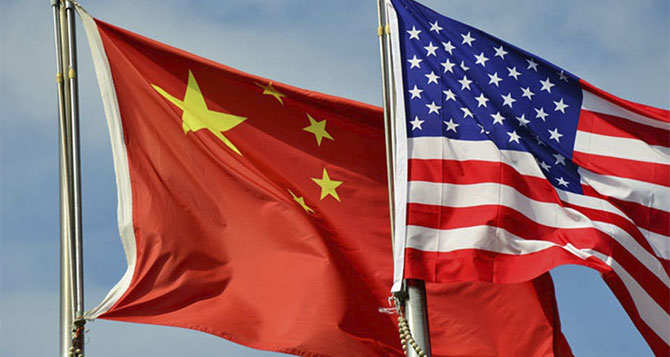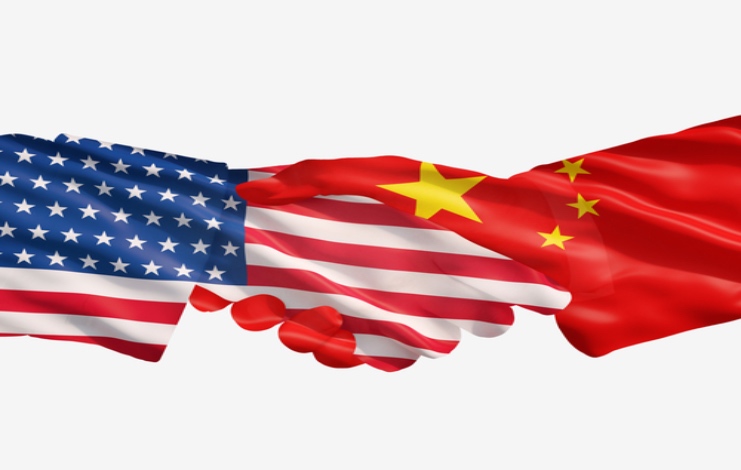The announcement of a temporary reprieve in the U.S.-China trade war came as a relief for global equity markets, which immediately rallied on the news.
As traders digested what had actually been agreed — that China would increase purchases of certain U.S. agricultural products and U.S. authorities would delay billions in tariffs that had been scheduled to take effect in mid-October 2019 — it became clear that the reprieve was limited and tenuous. Subsequent comments from high-ranking Chinese officials indicating that the deal hadn’t yet been signed and was officially an “agreement in principle” raised questions about whether China would make good on its apparent promises. American farmers and business owners found themselves caught in the middle of a familiar position.
Nevertheless, this tentative, limited agreement in principle demonstrates how much both sides have to gain from a sweeping, long-term deal. In anticipation of a renewed push to reach such a deal during what’s sure to be a contentious election year in the United States, let’s take a look at four industries that will surely benefit from the trade peace between the world’s two largest economies.
Grains (Especially soybeans)
No U.S. agricultural commodity has been hit harder by the ongoing U.S.-China spat than soybeans. It follows that none has more to gain from a partial resolution. While few farmers exclusively cultivate soybeans, this crop is a major driver of acreage in the Midwestern farm belt, with big implications for that region’s economy.

Steel (Domestic)
Whether they’re broadly supportive of efforts to restore fairness to the U.S.-China trading relationship — Majestic Steel USA president and CEO Todd Leebow, in particular, has long been a vocal proponent of fair trade — or more skeptical of the administration’s stance, steel executives know that a temporary truce will bring sorely needed stability to domestic metals markets.
Electronics
For better or for worse, American consumers have grown accustomed to the free flow of cheap electronics from China and other lower-cost manufacturing markets in Asia and Latin America. A trade war climbdown would remove the threat of tariffs from this broad category of goods — just in time for the holiday shopping season.
Livestock (Especially pork)
It’s not just grains, China has long been a major consumer of North American pork, and any trade deal will likely include an increase in the Middle Kingdom’s share of U.S. pork purchases.

Will cooler heads prevail?
Economists and business leaders aren’t sure what to make of the state of U.S.-China trade negotiations.
On the one hand, both sides have ample incentives to reach a deal: China to quell mounting political unrest and boost flagging economic growth, the United States to prop up consumer spending and earn politically valuable headlines in an election year. On the other, both sides have reason to play hardball, knowing full well that observers will judge an eventual deal in zero-sum terms: one side the victor, the other the loser.



